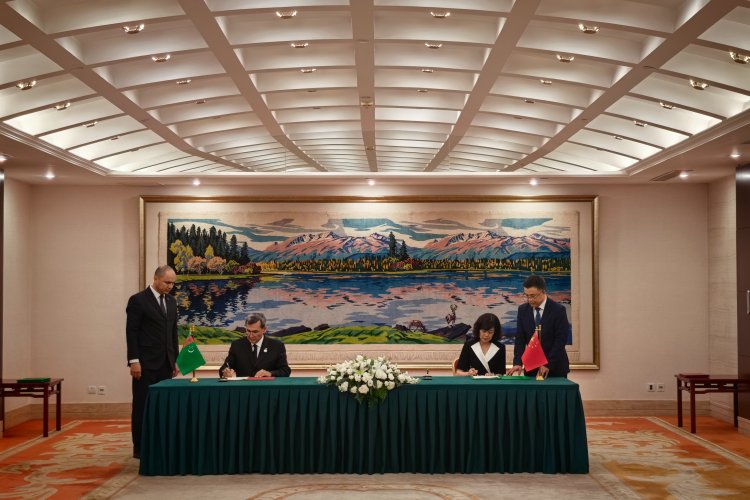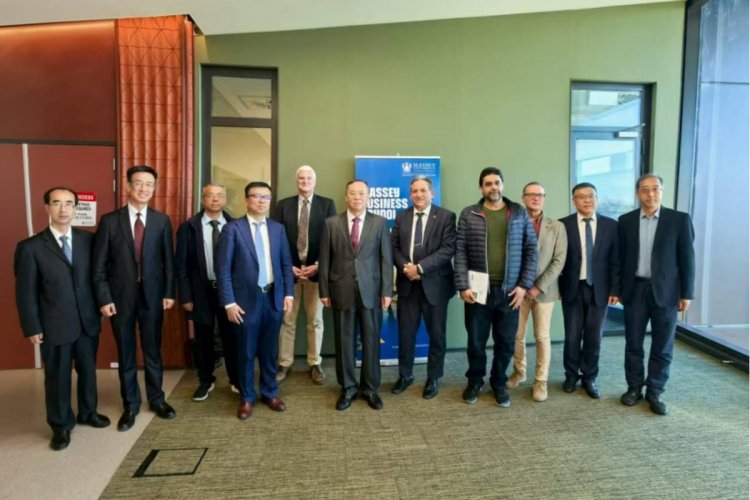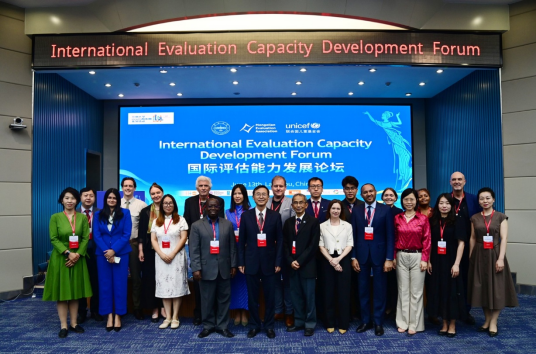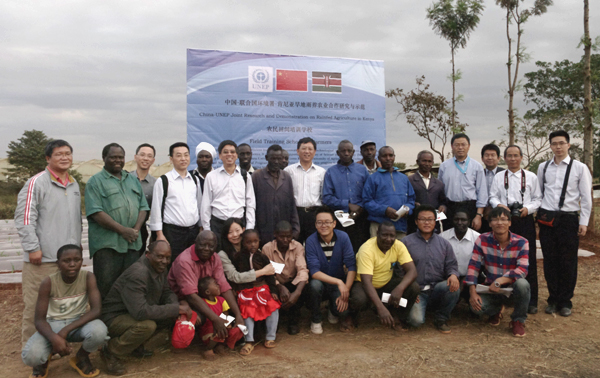
Group Photo

Mo Fei and several other LZU students reported on field.
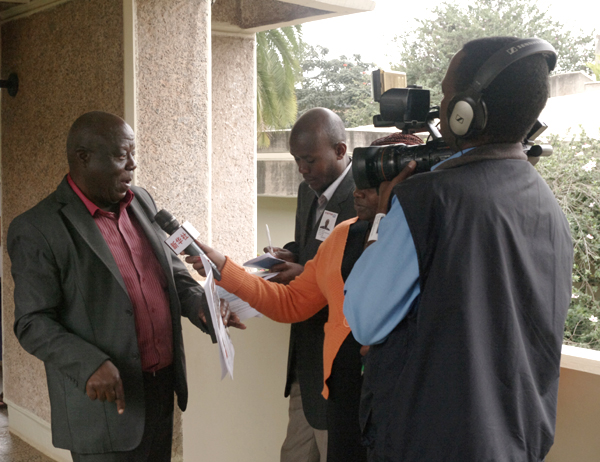
The representative of the local farmers was interviewed by the Xinhua News Agency.
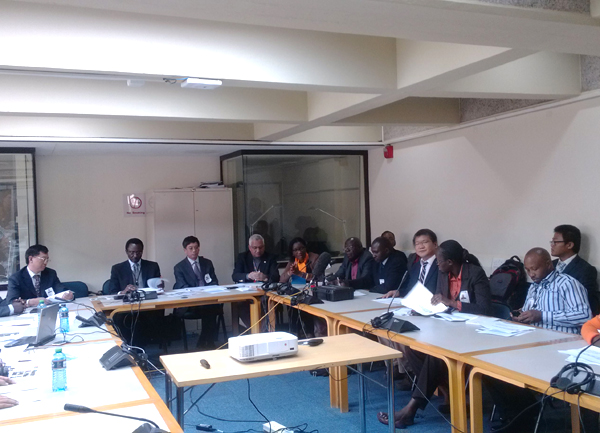
Press Conference
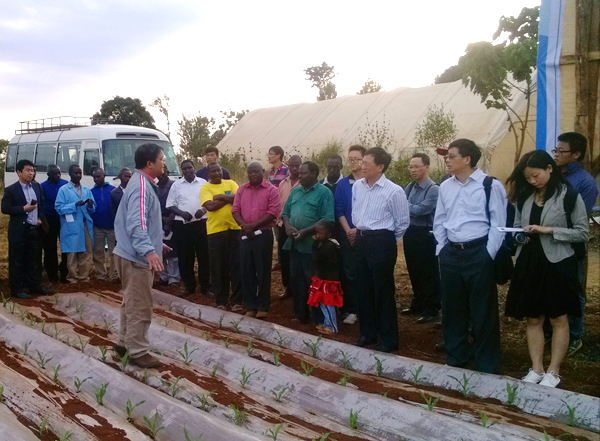
Professor Xiong Youcai reported on field.
On July 22, a press conference was held over the UNEP-China-Africa Cooperation Program on the Environment launched by the Ministry of Science and Technology in the No.8 meeting room of the UNEP in Nairobi, capital of Kenya. The meeting was held by Mr. Mounkaila Goumandakoye, dean of the UNEP African Office. Heads of the project, including Chen Linhao, Deputy Director of the International Cooperation Department and Dean Sun Hong of the Communication Center attended the press conference in No.8 Meeting Room of UNEP in Nairobi, the capital of Kenya. Deputy Director Chen Linhao delivered a report on the progress of the program over the past four years. Dean Mounkaila referred that the project was another contribution made by China in fighting against the climate change and promoting South-South cooperation. Professor Xiong Youcai of Lanzhou University (LZU) attended the news conference along with the Agricultural Research Group in Arid Areas and was interviewed by the China Radio International (CRI). He clarified the progress that LZU made on the subject of “Cooperation, Development and Demonstration in the Water-Saving Technology in Agriculture in African Arid Areas”.
According to Professor Xiong Youcai, the LZU Agricultural Research Group in Arid Areas headed by Professor Li Fengmin has been carrying out experiments and demonstrations of the rainwater collection technology and excellent crop varieties in Kenya and Ethiopia since 2011, which has greatly improved the output of the corn and wheat and the efficiency of the usage of water in Africa. The technology is easy to operate and tends to become popular in Africa. During the CRI interview, Professor Xiong Youcai referred that “the promotion of the water-saving technology in agriculture in arid and semi-arid areas in Kenya will greatly improve the grain output there. And according to calculations, one third of the land in Kenya could meet its population’s current need for grain. The technology can turn the country into a grain export country.” His remarks received high attention from the UNEP and the press. (For more details, please refer to the CRI website http://gb.cri.cn/42071/2014/07/23/5931s4625660.htm)
(Translated by Wei Xianchao; proofread by Sissi Xu)


